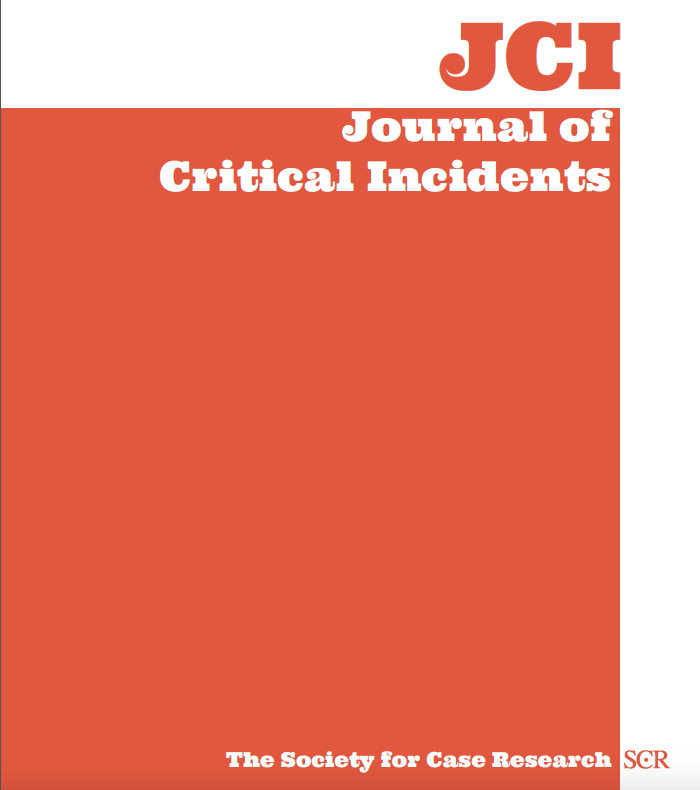Tax Inversions: Maximizing Wealth by Going Abroad

This critical incident describes the merger and controversial tax inversion of U.S.-based Burger King and Canada-based Tim Hortons. Inversion is a strategy that seeks to maximize stockholder wealth by acquiring foreign subsidiaries in tax-friendly countries and subsequently shifting tax residencies. Burger King proposed to relocate its tax address to Canada, thereby paying a lower tax rate and increasing its stockholder’s wealth. However, this move led to significant resistance, given Horton’s iconic brand image in Canada and outrage from U.S. customers of Burger King. The consequence of the merger led to boycotts and strong negative reactions from consumers on social media. The reader is faced with the decision of whether to relocate Burger King’s tax residence.
- Evaluate the tax and reputational implications of a corporate inversion
- Recommend a course of action for a consumer products firm that is undergoing a merger with the potential for tax inversion
- Evaluate the long- and short-term impacts of tax inversions on firm value
